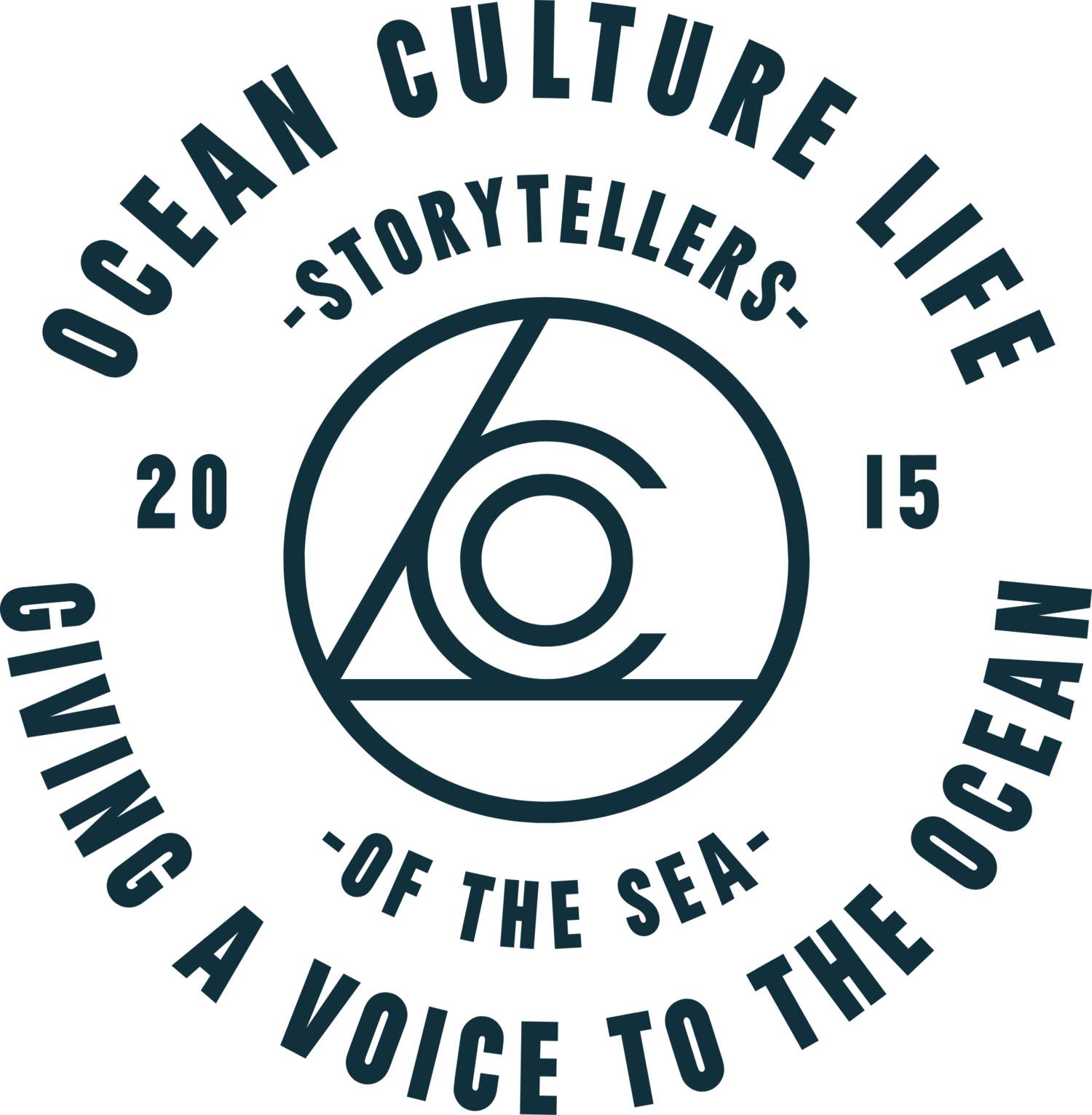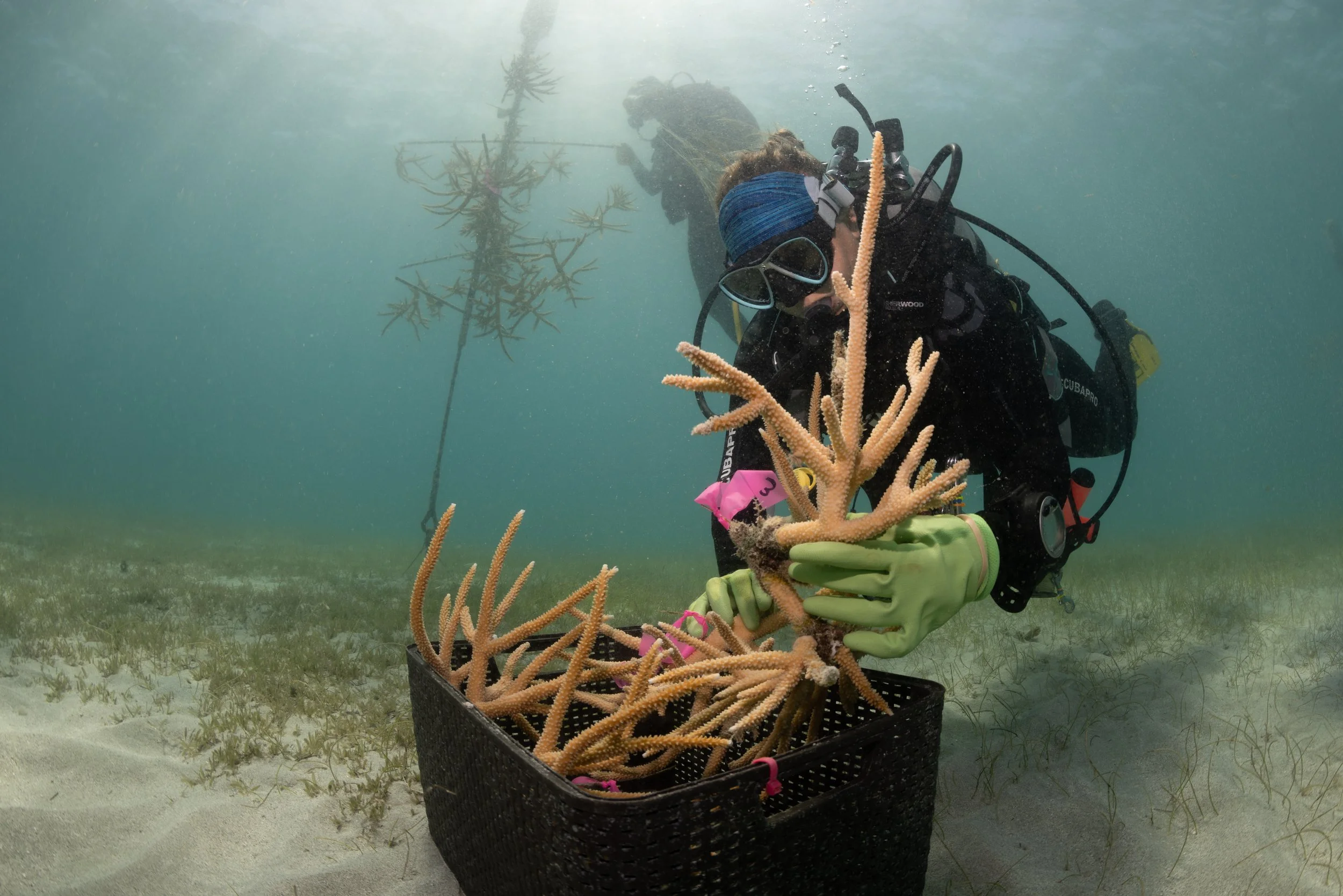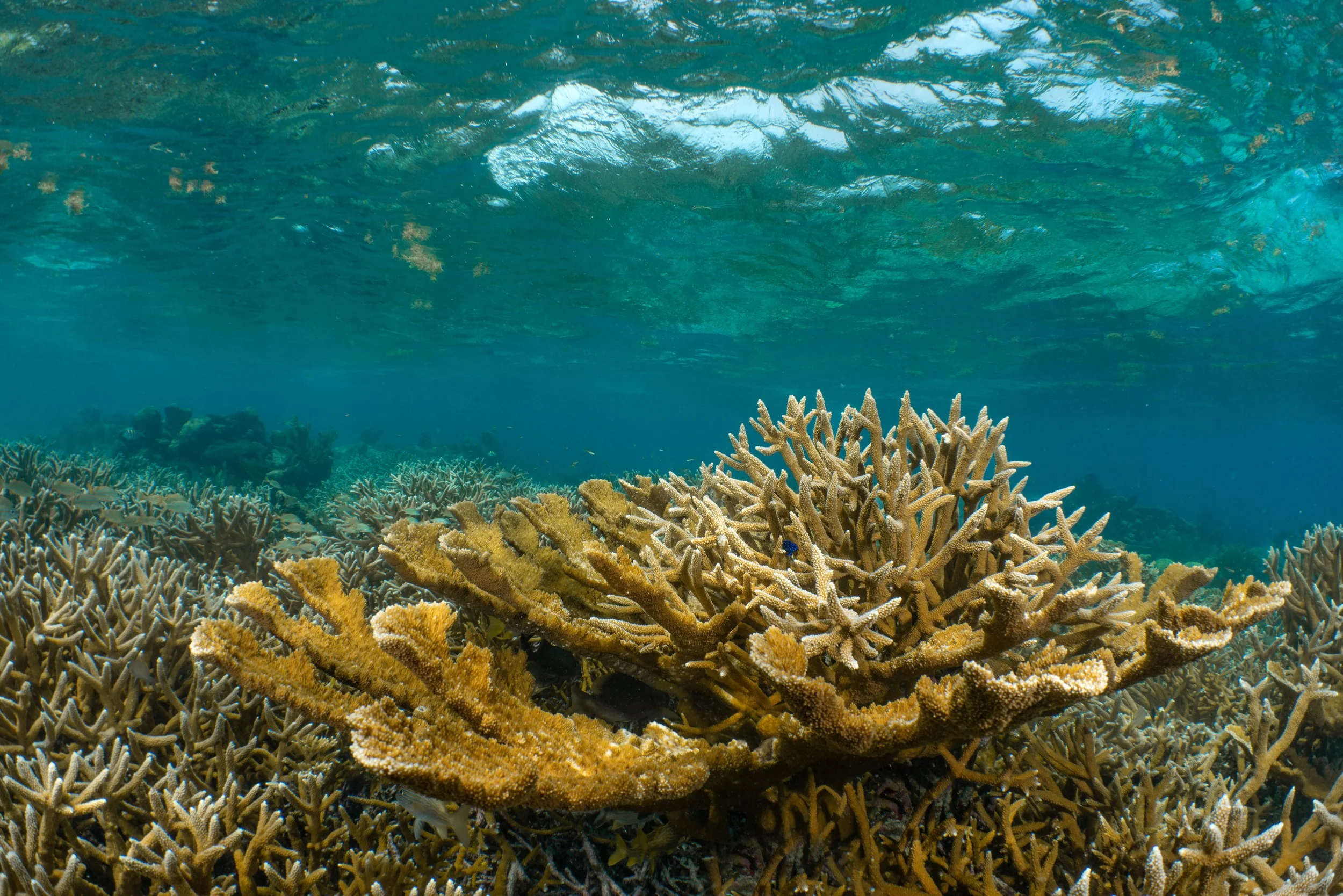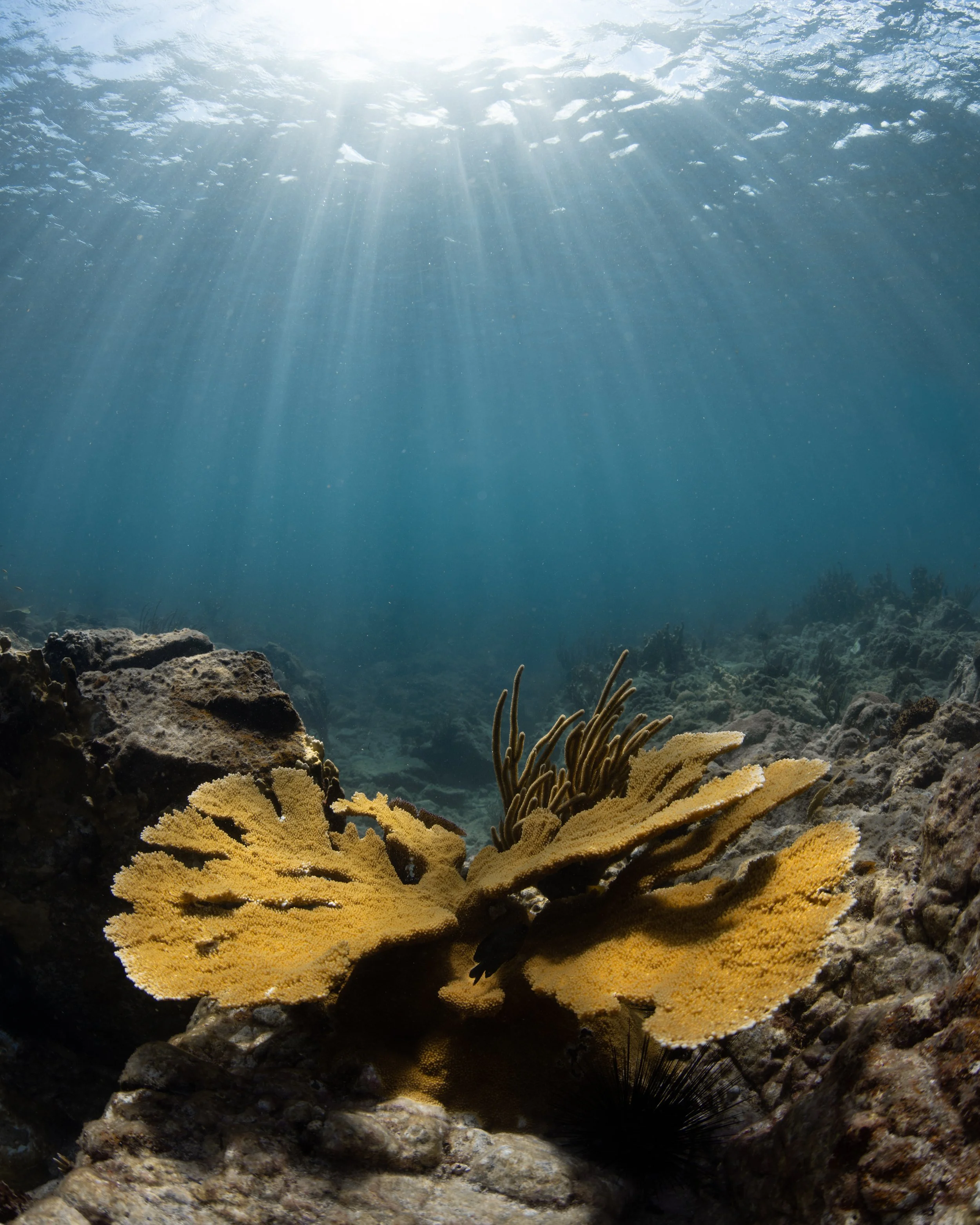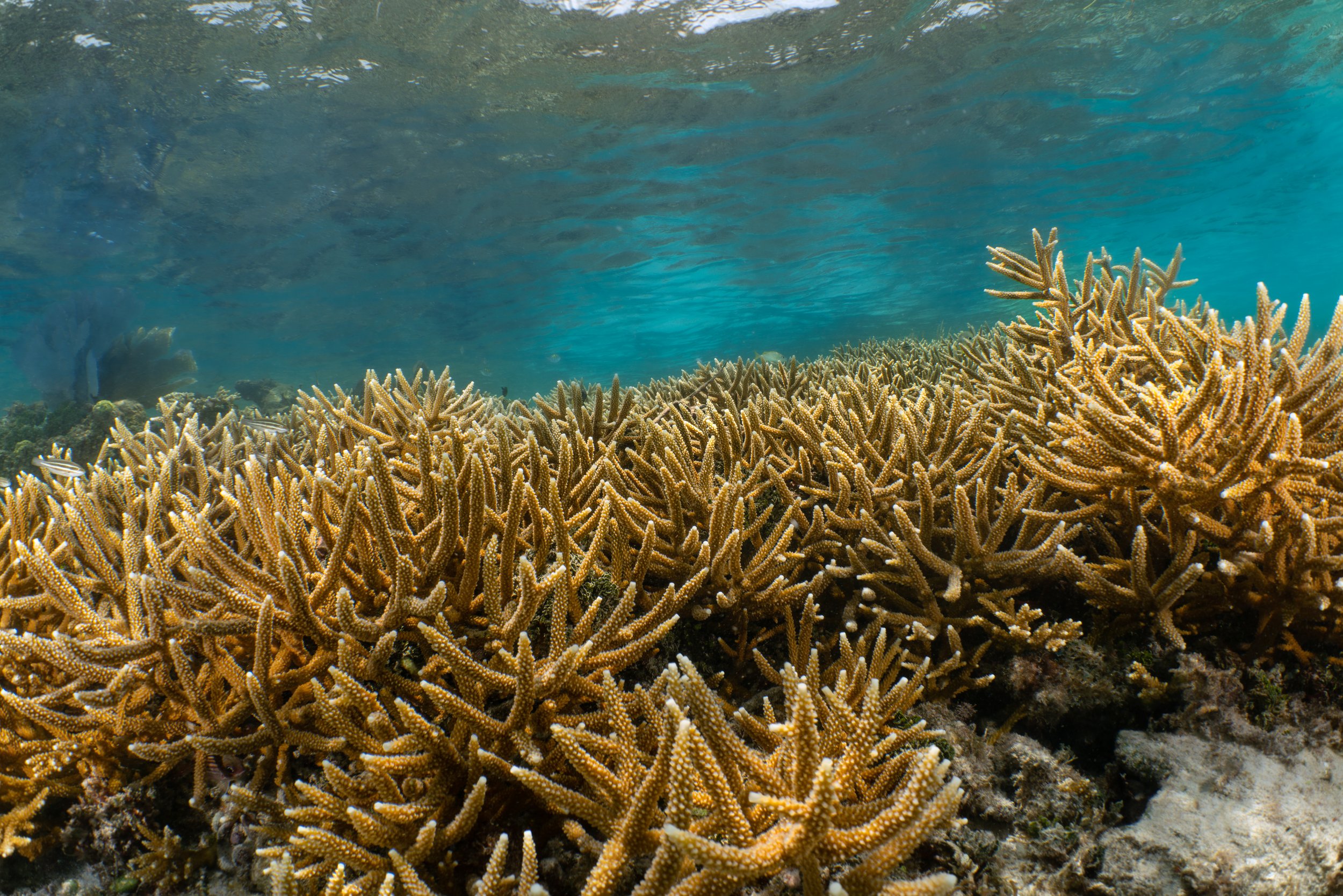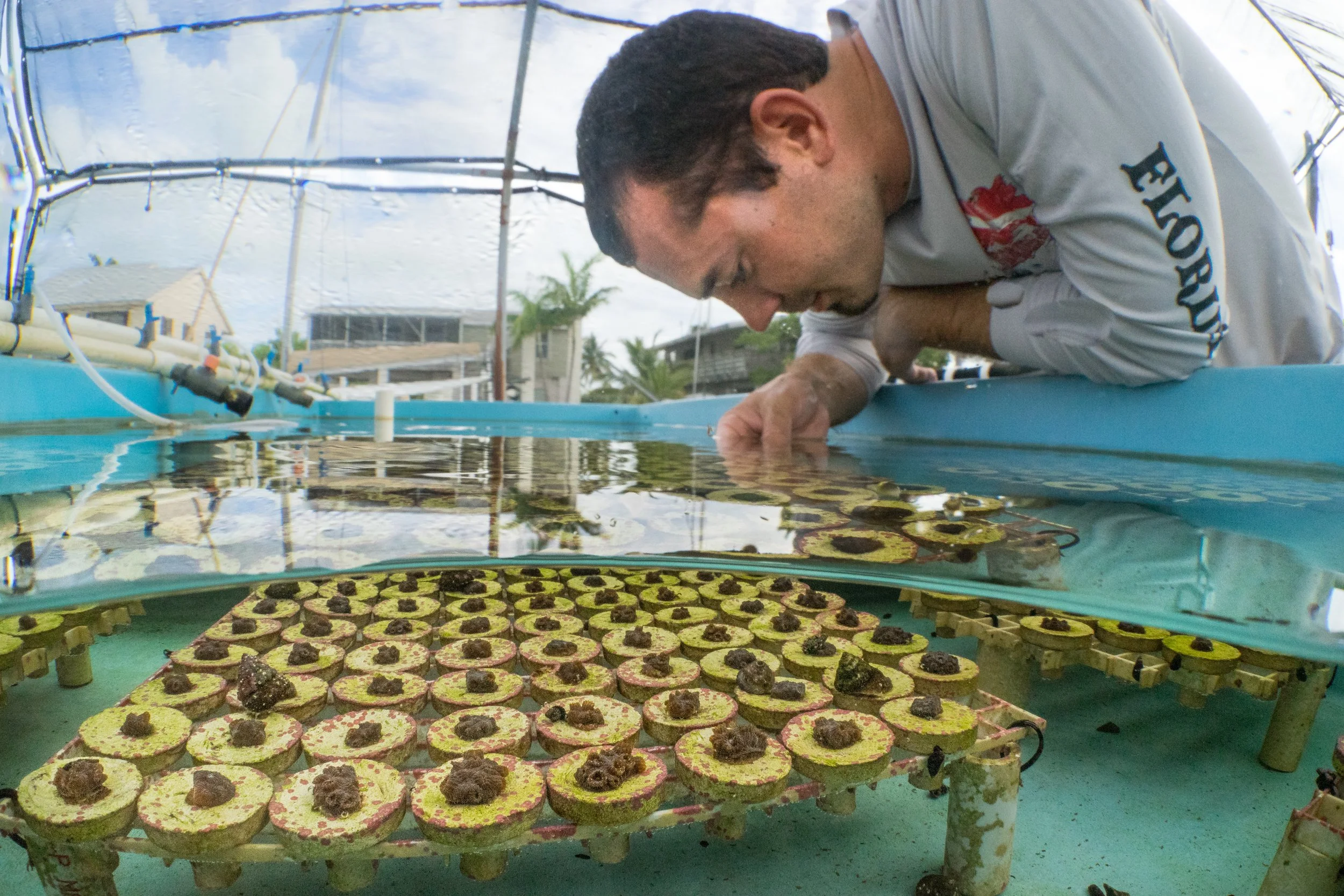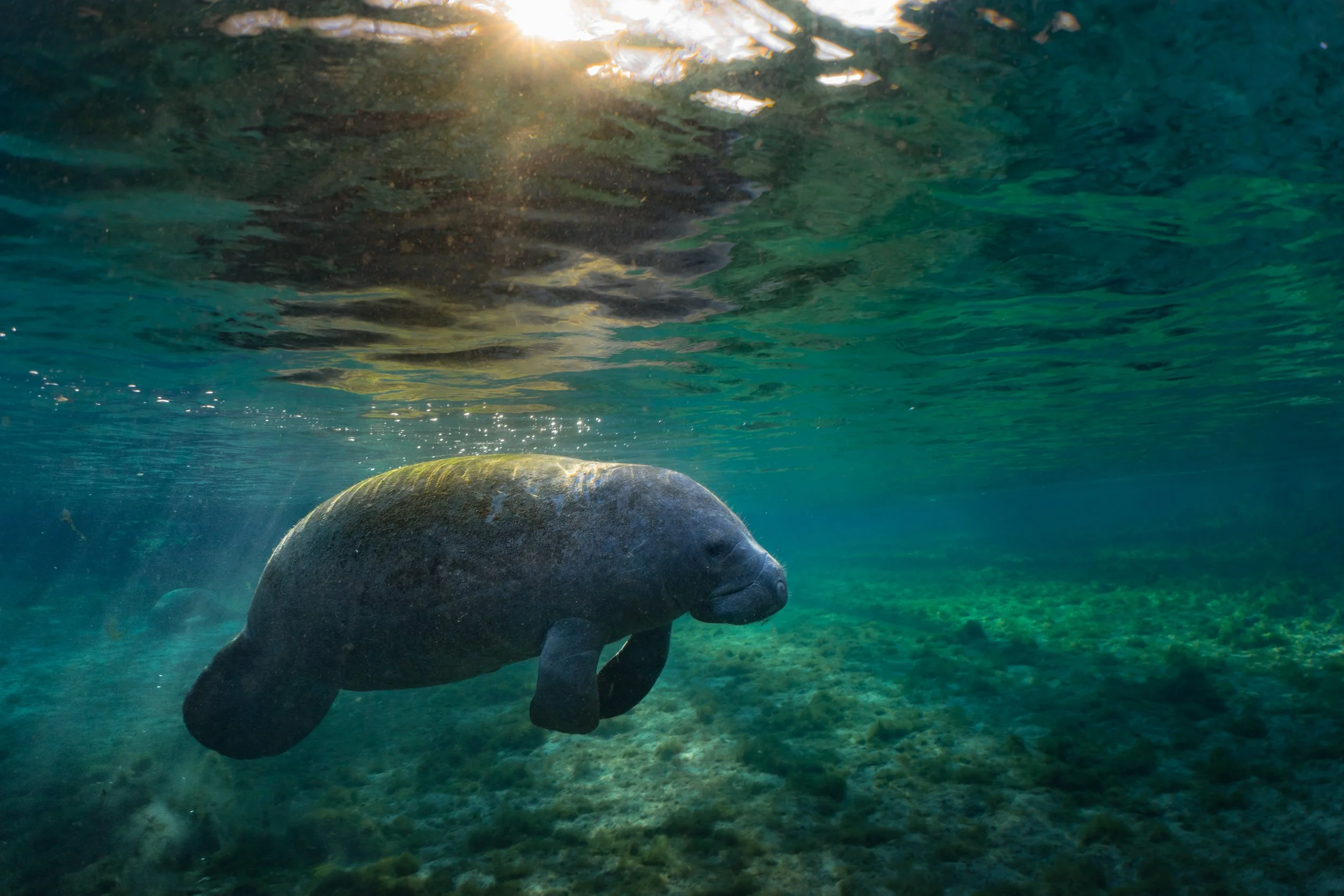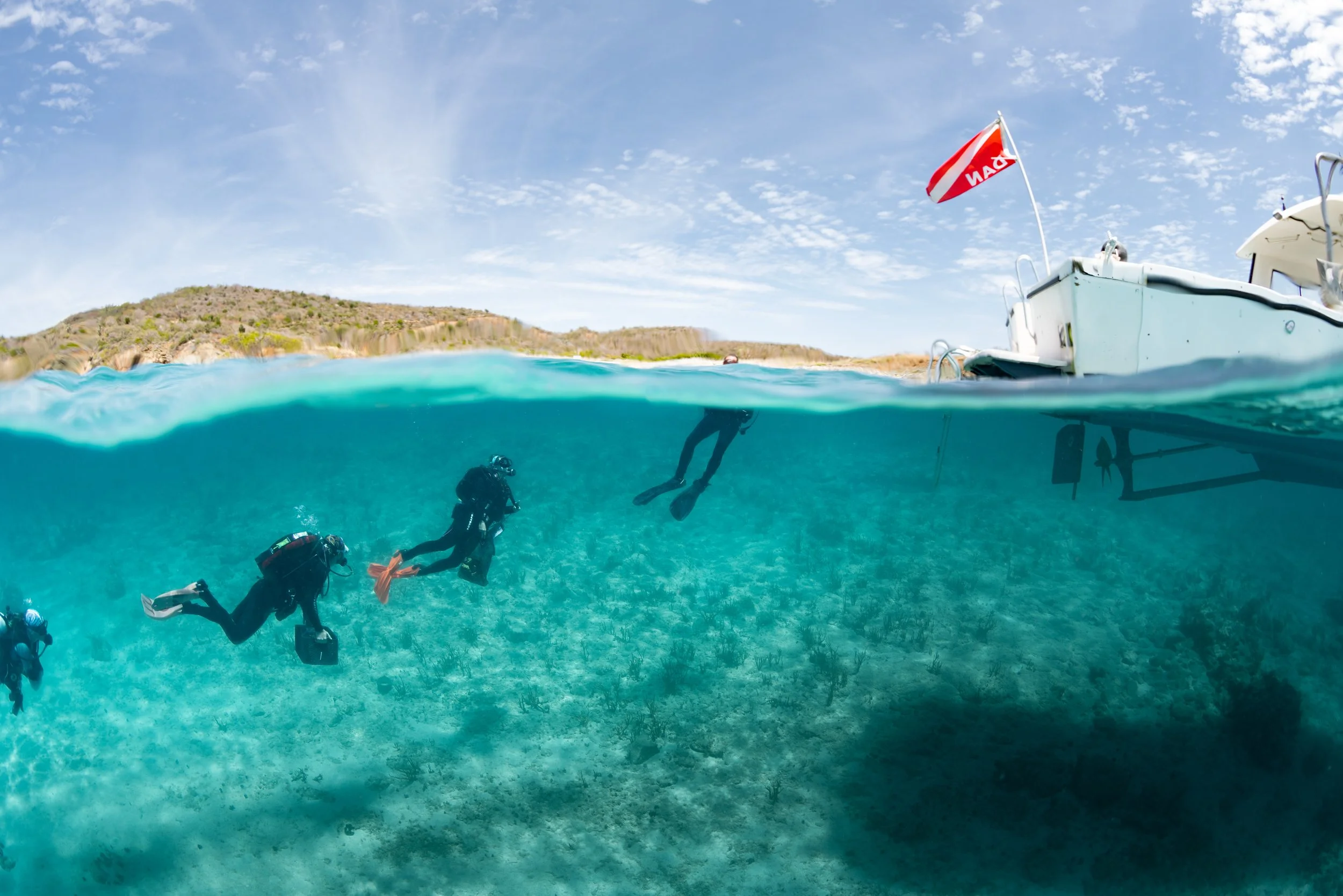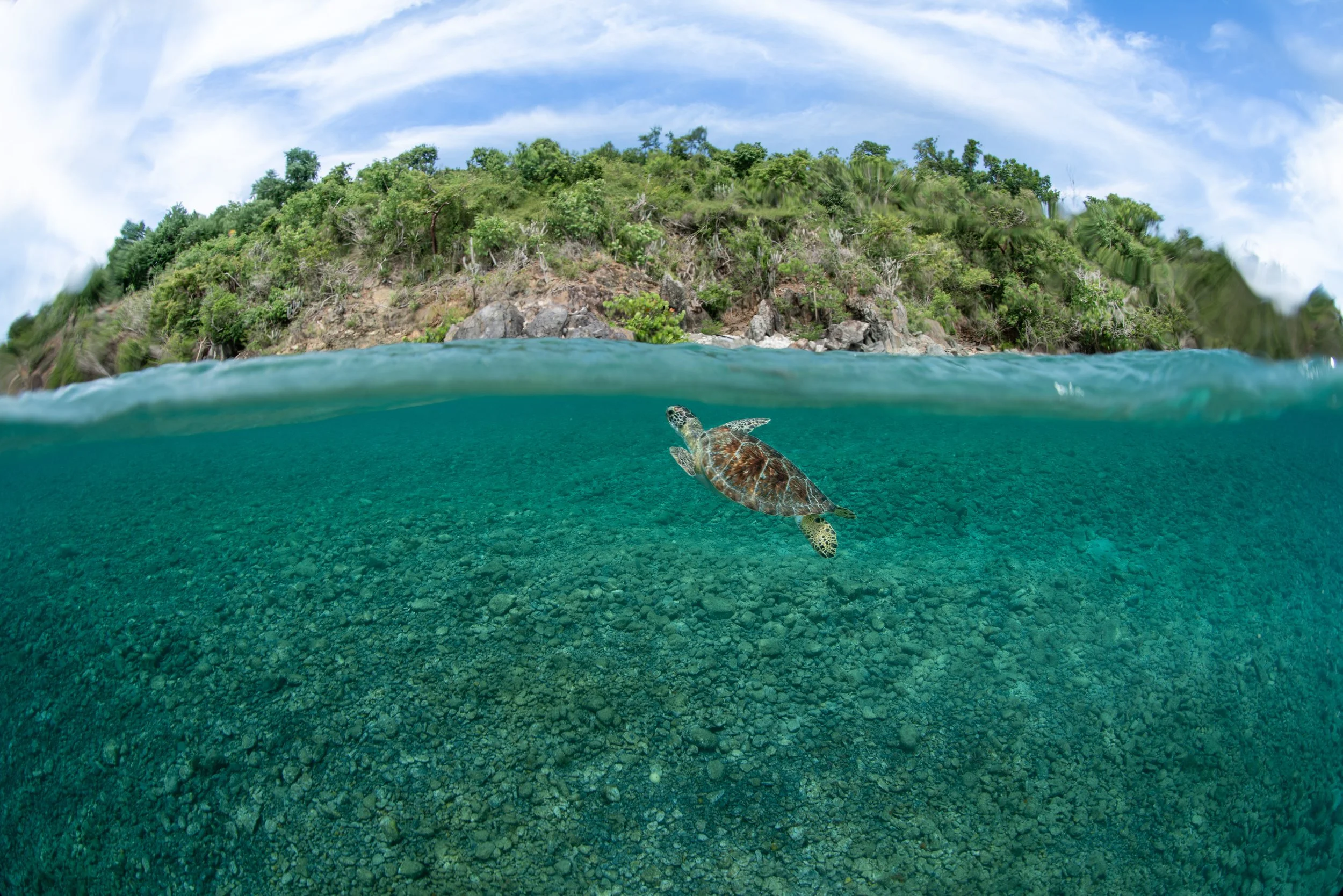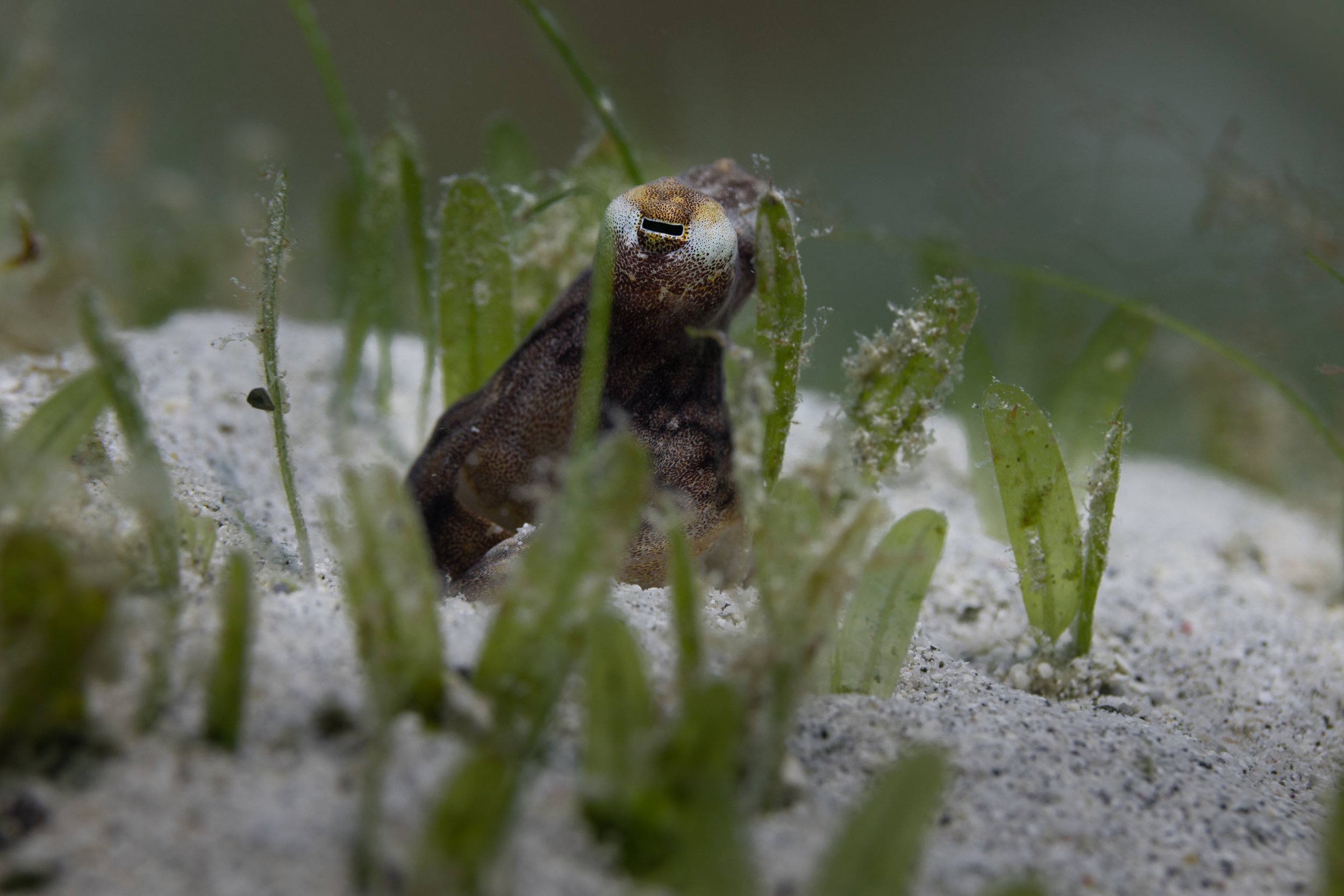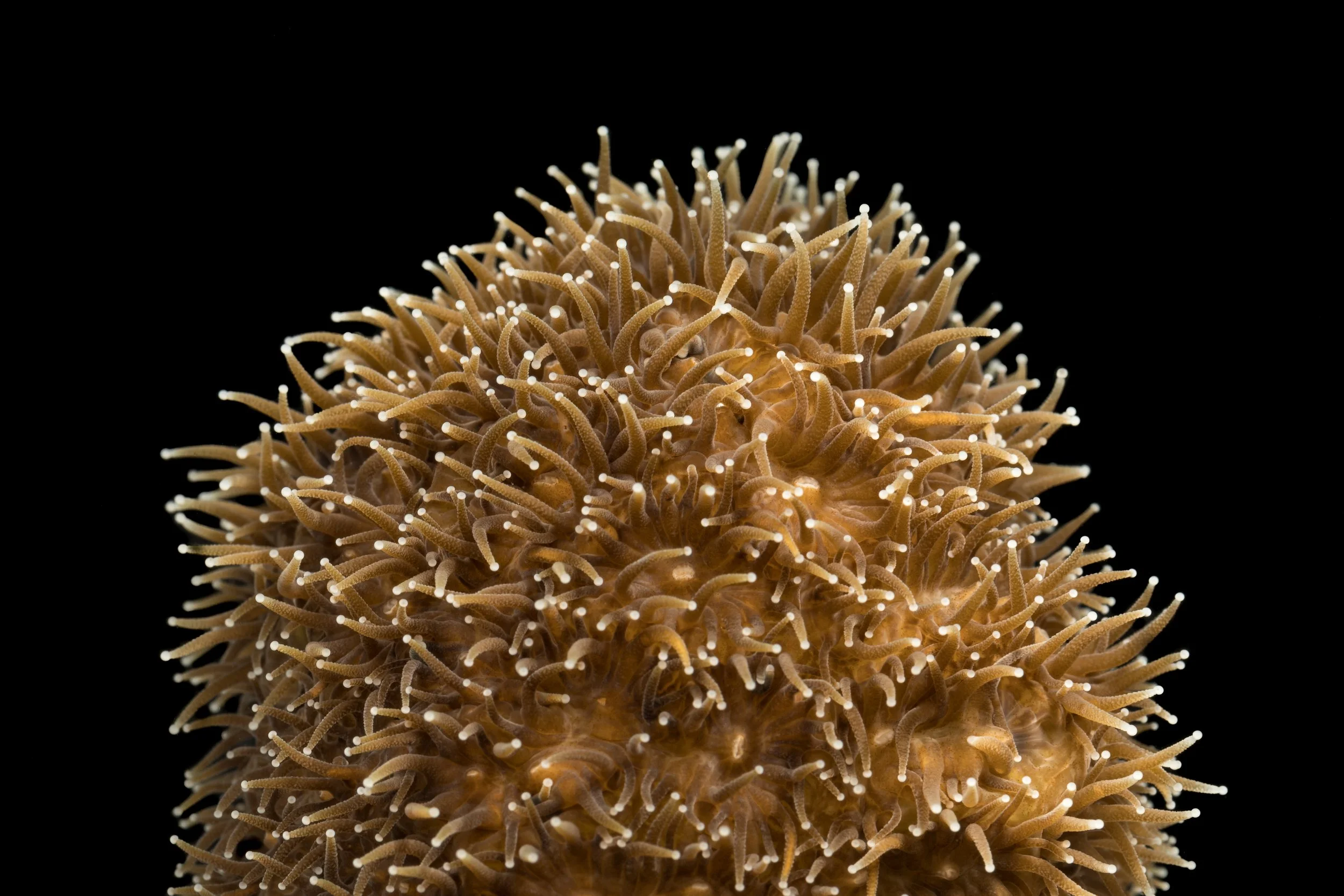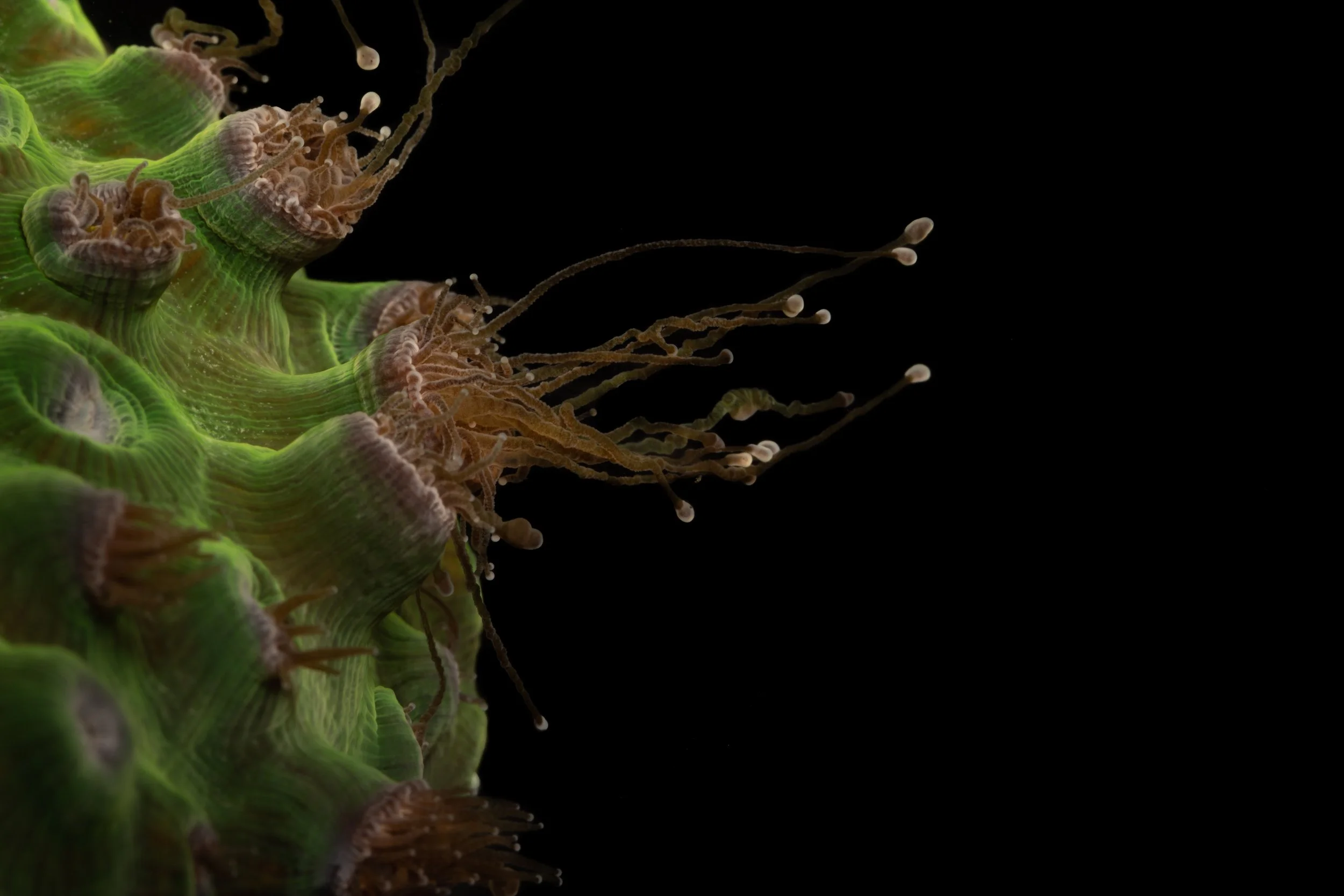Dan Mele | Conservation Photographer/Filmmaker | Coral Restoration Practitioner | Science Communicator | United States
The "Corals are Not Slimy Rocks" story took off in 2020 with the acceptance of Dan’s TEDx talk, but it really began much earlier. While working at the Mote Marine Laboratory in the Florida Keys in 2016, Dan began searching for ways to connect people to coral. Building off the "Meet Your Neighbours" technique, popularized by natural history photographer Clay Bolt, Dan applied similar but modified methods to photographing coral.
“I had no idea this would turn into something bigger, and today it feels like it's just now really getting started.”
What would you most like to change in the world/environment today?
I would like others to feel empathy for others and non-human life. This is why I started "Corals are Not Slimy Rocks." We don't need people to love everything about nature or a certain organism, but if they can show empathy, they will care enough to protect it and want to conserve it for future generations.
Who/what currently inspires you?
I'm inspired by the little man. The individual or group that makes change on their own despite the odds being stacked against them. I'm impressed by tangible results, not by thousands of social media followers. To name a few, Fragments of Hope Belize, has coral restoration sites that are truly "unbeliezable" as they say. They work out of the directors personal home and rely on partnerships with the community to run their operations. I have yet to see a coral restoration group come close to what their field sites look like. On the visual storytelling side, I'm inspired by Day's Edge Productions. Following their work for a decade, I've seen how authentic storytelling is changing the way we view science and tell the story of scientists.
What path did you choose after leaving school?
After my film degree, I converted an 1991 Dodge Ram Turbo Diesel to run off waste vegetable oil and traveled the United States and Canada for 5 months. Being burnt out after school left me uninspired, which was refueled by this trip. While I do love academia, I needed to balance it with real life experiences. When I finished this trip, rather than finding "the meaning of life", I now had more questions than ever. So I guess it was only fitting that I went back to school and became a scientist where today I can help answer these questions.
What do you value most in life?
I value the connections we make with each other throughout our lives. I believe these connections are our ticket to preserving nature and society.
What are the fondest memories from your upbringing that you feel impacted your life choices and lifestyle today?
Having a small stream a block away from my house in a wooded area made my future. Despite this tiny patch of forest in a suburban development, that tiny forest had the same impact as the most beautiful National Park has on me today. Everyday I would walk down from our cul-de-sac with my neighbor who was 5 years older and probably 5 feet taller (I'm short and he was freakishly tall). The sight must have been hilarious for the neighbors. These everyday exposures to catching frogs, turtles, fish, or anything we could get our hands on fueled my curiosity about the natural world. Additionally, having parents that allowed me to do this unrestrained, and encouraged me to be curious taught me that it was okay to explore and push my boundaries. As a young adult, as cliche as it sounds, learning to dive is where I changed most in respect to the ocean. Despite being a lover of nature and ocean creatures, I once had the irrational fear of sharks. I realized the only way I would get over this is to hop right in spend more time in their environment. 15 years later I'm now a technical diver, and when I see a shark, I'm trying to get as close as possible for that perfect picture or footage.
What legacy do you hope to leave?
I want to leave a legacy that focuses on showing the effectiveness of collaborative efforts. My images do not have power just because of my skills to use a camera or tell a story. They gain power through the entire mosaic of people and actions that led up to the images being created. I want people to understand that collaboration is everything and two heads really are better than one.
What advice would you give to anyone looking to follow their dreams as an ocean Storyteller?
Never stop learning. Once you think you've learned it all, that's where your career and your path stops.
WEBSITE: www.danmelephotography.com
INSTAGRAM: @dan_mele_photography
